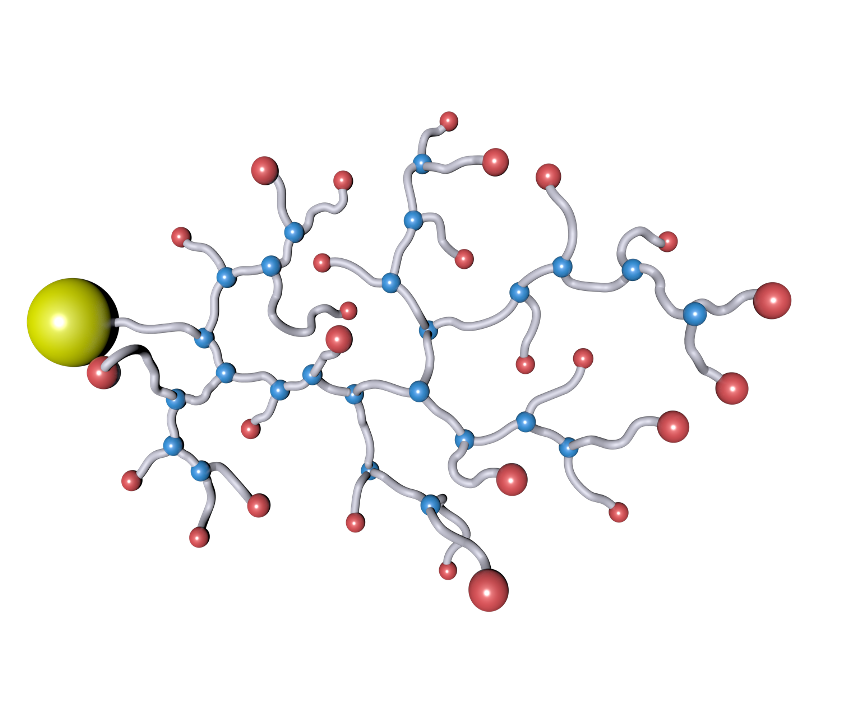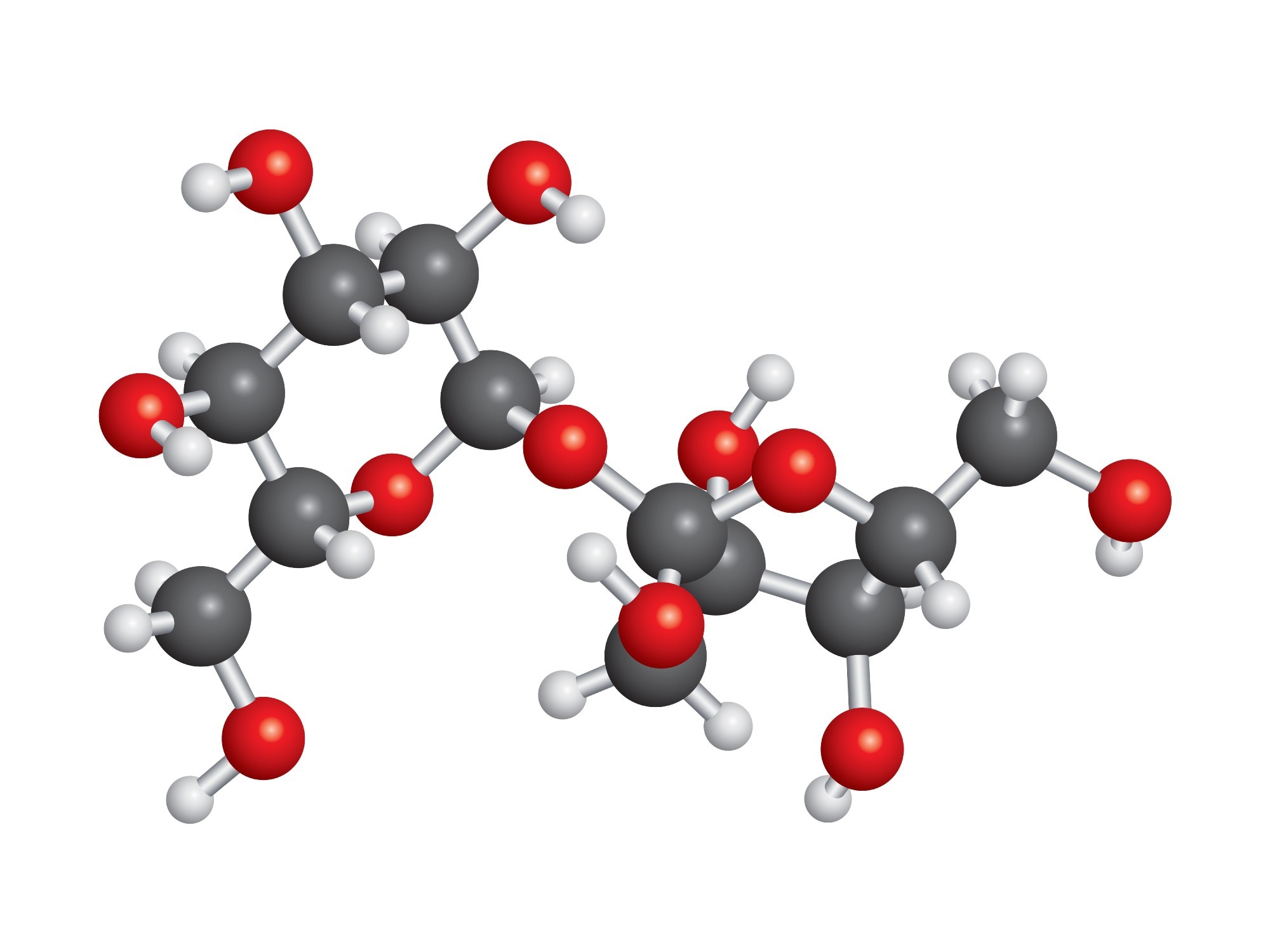Exploring the Varied Applications and Benefits of Polymers in Different Industries
Polymers, with their diverse variety of homes and capabilities, have come to be essential in various sectors, each reaping distinct take advantage of their application. Polymers. From enhancing security and efficiency in the automotive sector to transforming clinical gadgets in the health care market, polymers play an essential function. Additionally, their green nature is altering the landscape of sustainability methods. As we explore the midsts of polymers in electronics, we discover advanced developments, while their architectural honesty changes the world of building and infrastructure. The pervasive impact of polymers across sectors is a testimony to their flexibility and versatility, shaping the future of plenty of markets.
Automotive Sector Applications
Polymers play an essential role in improving the efficiency and sturdiness of numerous components within the auto field. These flexible products are extensively used in the production of various parts, ranging from interior components to under-the-hood applications. One prominent usage of polymers in the automobile market remains in the production of light-weight parts. By replacing standard steel parts with polymer-based alternatives, cars can achieve improved gas performance without jeopardizing on stamina or security.

Healthcare Sector Benefits
In numerous healthcare applications, the advantages of utilizing polymers are extensively acknowledged for their diverse series of valuable residential or commercial properties. Polymers play a critical duty in the healthcare industry due to their versatility, biocompatibility, and cost-effectiveness. One of the primary benefits of polymers in medical care is their capability to be tailored to details requirements, such as flexibility, durability, and biodegradability, making them optimal for a variety of clinical applications.
Polymer-based products are extensively used in clinical tools, such as catheters, implants, prosthetics, and drug delivery systems, due to their biocompatibility and capacity to imitate natural cells. These materials can reduce the risk of allergic responses or beings rejected, enhancing patient safety and security and end results. Additionally, polymers are light-weight, making them ideal for wearable clinical devices and making sure patient convenience.
Additionally, polymers make it possible for the advancement of cutting-edge therapy approaches, such as hydrogels for cells design and nanocomposites for targeted drug shipment. Their convenience of handling and sterilization makes them necessary for keeping high requirements of health in healthcare setups. Generally, the diverse advantages of polymers add considerably to improvements in medical innovation and patient treatment.
Ecological Benefits of Polymers

Additionally, polymers can add to power financial savings as a result of their light-weight nature. In sectors such as transportation, light-weight polymer products can help reduce fuel consumption and greenhouse gas emissions. In addition, polymers can make it possible for the development of energy-efficient products such as insulation materials that improve energy preservation in buildings.
Additionally, polymers play a crucial duty in lowering water air pollution. The use of polymer-based filtration systems can effectively get rid of contaminants and pollutants from wastewater, protecting water resources and ecosystems. On the whole, the environmental benefits of polymers make them important possessions in promoting sustainability and environmentally try this friendly practices throughout numerous markets.
Polymers in Electronics and Innovation
Considering the raising need for innovative and lasting options in contemporary sectors, the combination of advanced polymer innovations in the realm of electronics and modern technology has actually emerged as a crucial strategy for driving performance and performance. Polymers have actually reinvented the electronics sector by enabling the manufacturing of lighter, more adaptable, and resilient digital gadgets. From smart devices to medical tools, polymers play an important duty in boosting product style and imp source functionality.
One considerable benefit of polymers in electronics is their protecting buildings, which assist secure delicate electronic parts from environmental elements and electric interference. Furthermore, polymers are essential in the advancement of flexible display screens, wearable modern technology, and printed electronics, supplying countless possibilities for producing smart and interconnected gadgets.
Moreover, using polymers in electronic packaging has actually brought about developments in miniaturization and thermal administration, boosting the general performance and reliability of digital systems. As modern technology continues to develop, the adaptability and flexibility of polymers will certainly drive additionally innovation in the electronic devices sector, forming the future of technology.
Role of Polymers in Building and Framework
The integration of advanced polymer materials in construction and infrastructure jobs has reinvented the read what he said means frameworks are made and built in modern times. Polymers offer numerous benefits in the construction market as a result of their adaptability, sturdiness, and cost-effectiveness. One essential function of polymers in construction is their use in finishes and sealers, supplying security against environmental factors such as dampness, UV radiation, and deterioration. Furthermore, polymers are used in the manufacturing of light-weight and high-strength composite materials, enhancing the structural honesty of buildings while lowering general weight.
Moreover, polymers play a vital function in sustainable building and construction techniques by allowing the development of energy-efficient structures. Shielding materials made from polymers help regulate indoor temperature levels, reducing the requirement for heating and cooling systems and eventually decreasing energy consumption. In addition, using polymer-based compounds in framework jobs such as bridges and roads improves their long life and minimizes maintenance prices. On the whole, the unification of polymers in building and facilities showcases their substantial effect on modern-day design methods.
Conclusion
To conclude, polymers play a critical function in different markets such as auto, healthcare, ecological, electronic devices, and building. Their functional homes make them valuable in creating cutting-edge services and products. From improving gas efficiency in vehicles to boosting medical devices, polymers use various advantages. In addition, their influence on lowering waste and promoting sustainability highlights their value in modern applications. The extensive use of polymers demonstrates their considerable payment to advancing modern technology and enhancing high quality of life.